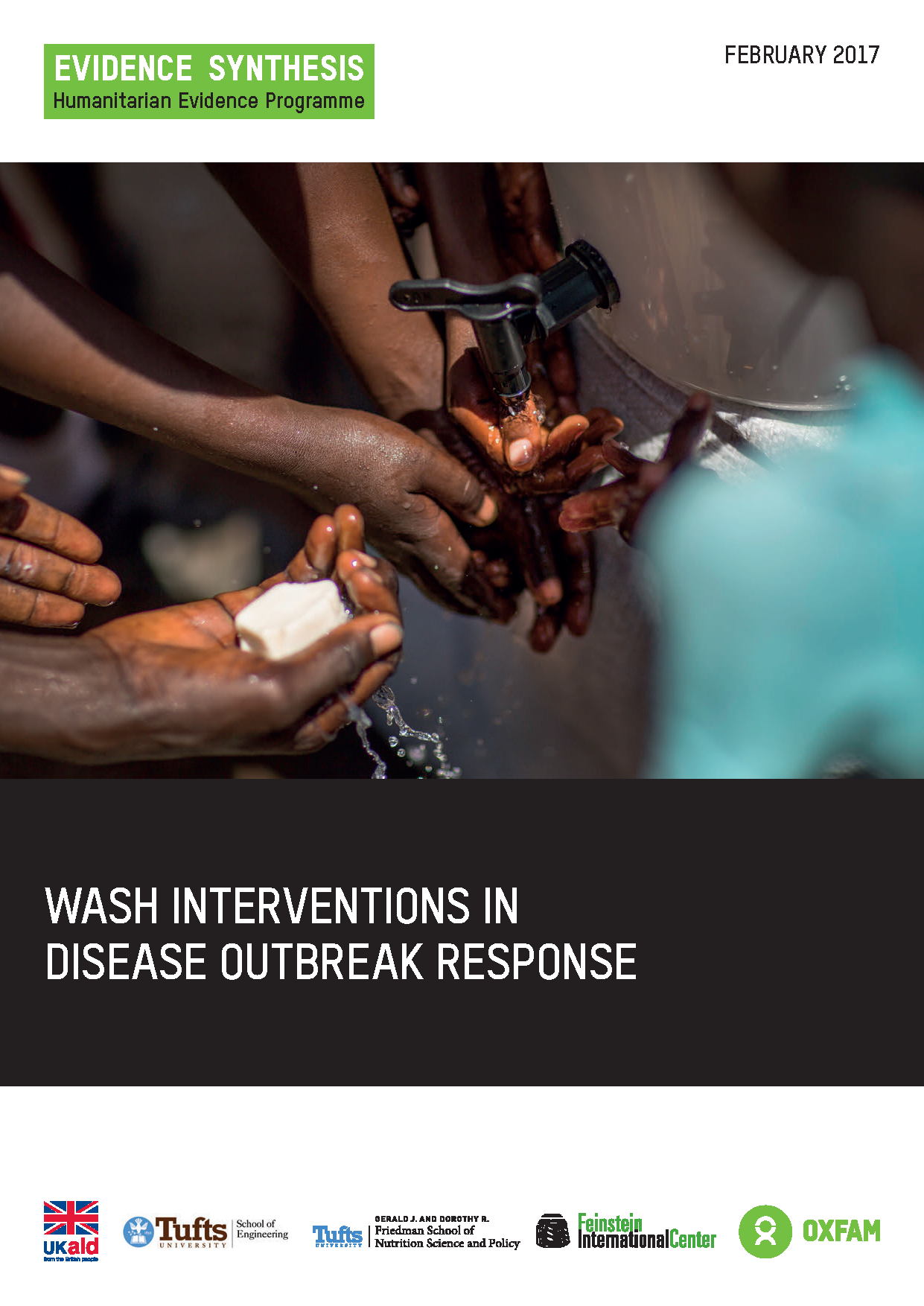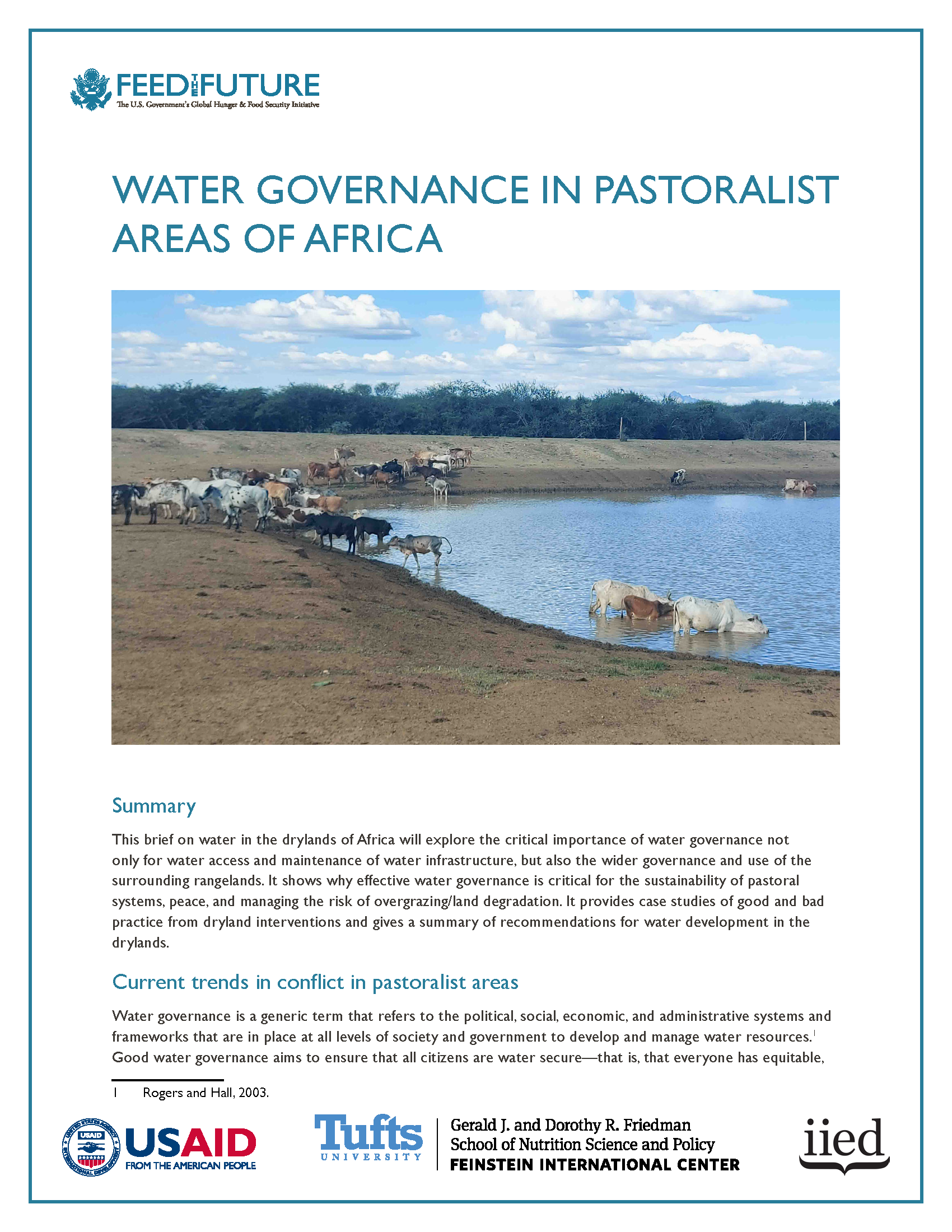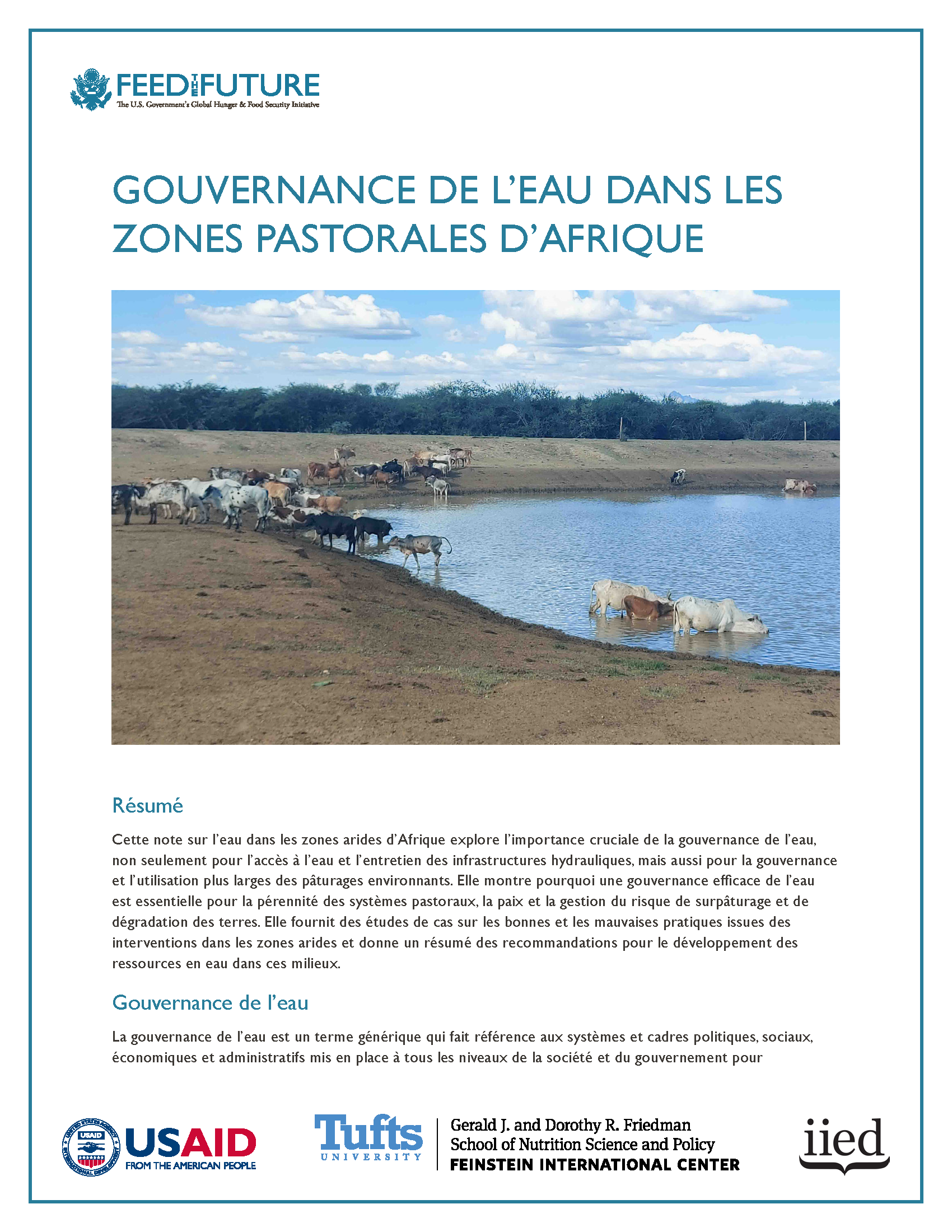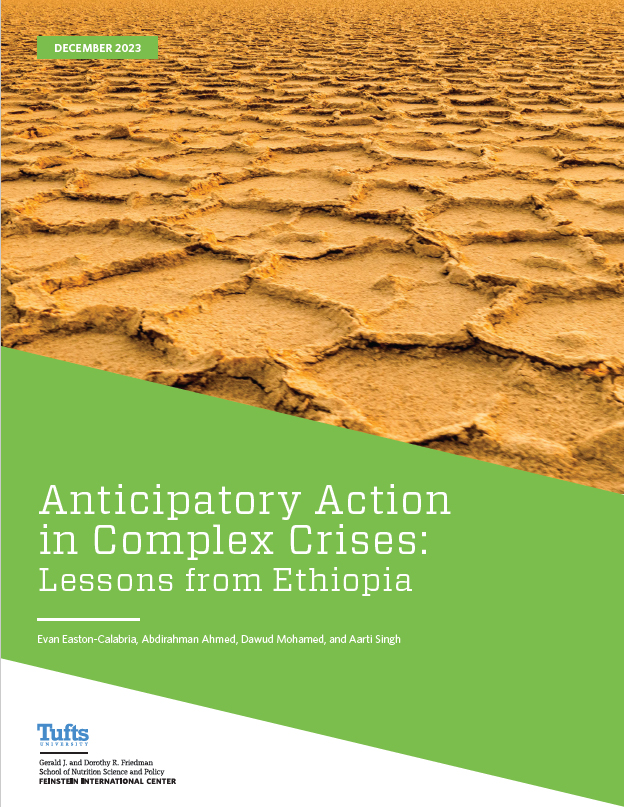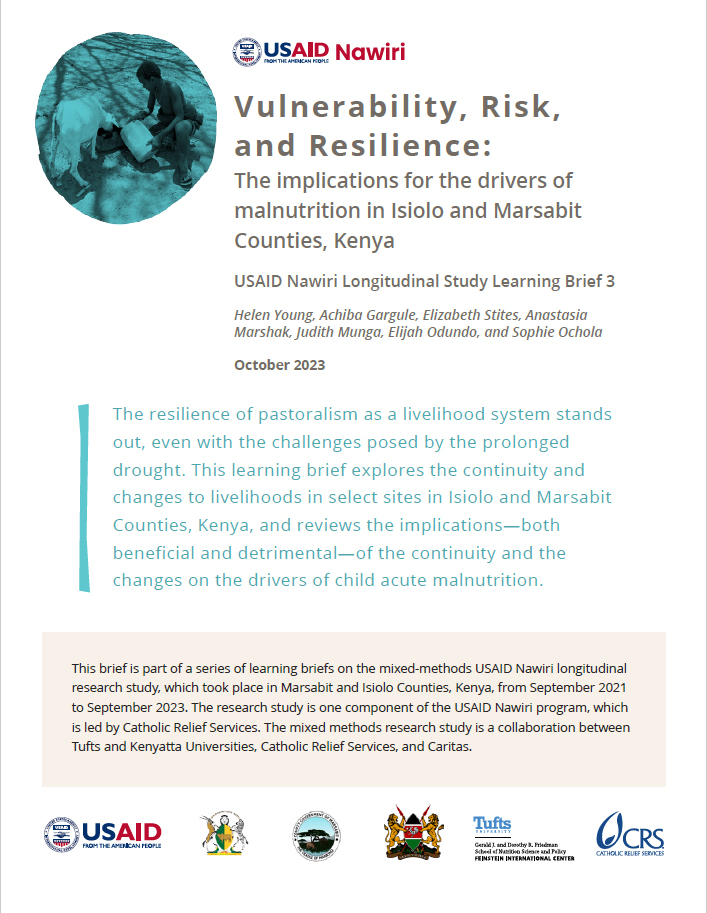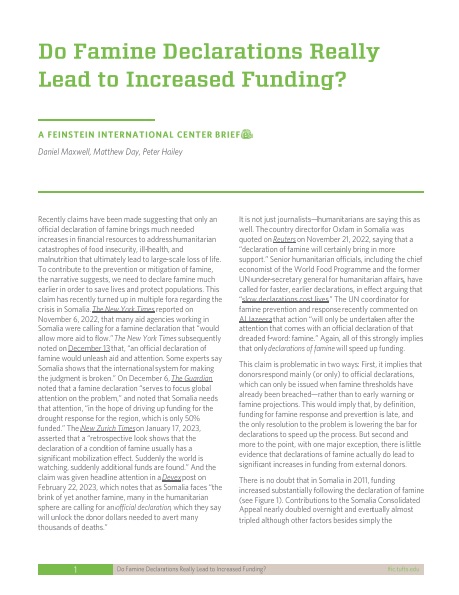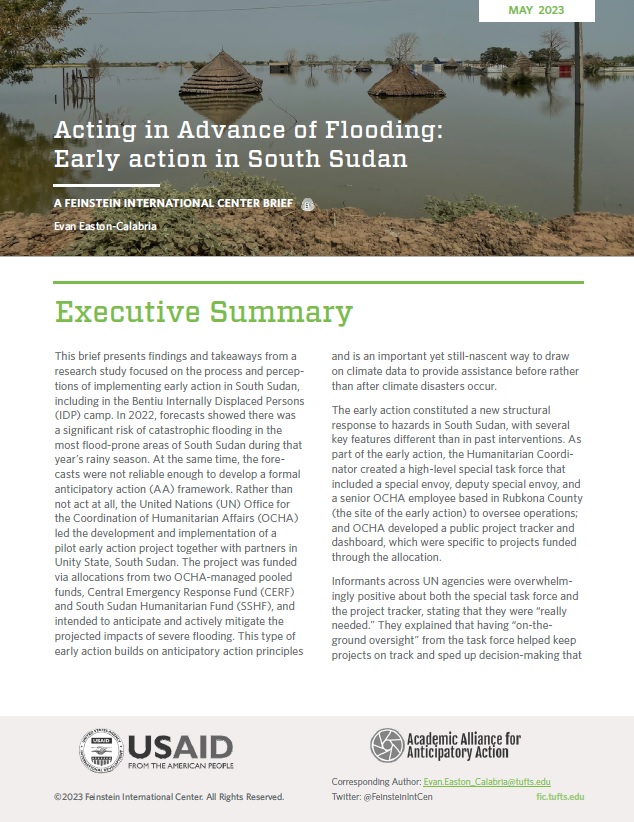Water, sanitation and hygiene interventions (WASH) are commonly implemented as part of emergency response activities (i.e. in response to disease outbreaks) in low and middle-income countries. But what does the existing evidence tell us about what works? How does the use of WASH interventions reduce disease outbreaks? What are the programme design and implementation characteristics associated with more effective programs? What is the cost effectiveness of WASH interventions in emergency outbreak situations? What are the barriers and facilitators to WASH interventions in outbreaks? This evidence synthesis identifies, synthesizes and evaluates the available evidence in order to find a response.
- The evidence synthesis is accompanied by a stand-alone executive summary and evidence brief. It forms part of a series of humanitarian evidence syntheses and systematic reviews commissioned by the Humanitarian Evidence Program.

